Dan Barouch, MD, PhD (Center for Virology and Vaccine Research, BIDMC) noted that the urgency of the COVID-19 pandemic, combined with advances in funding and technology, enabled the vaccine to be a global effort.
Vogue Australia – February 22, 2021
How to have a conversation with someone who’s hesitant about the Covid vaccine
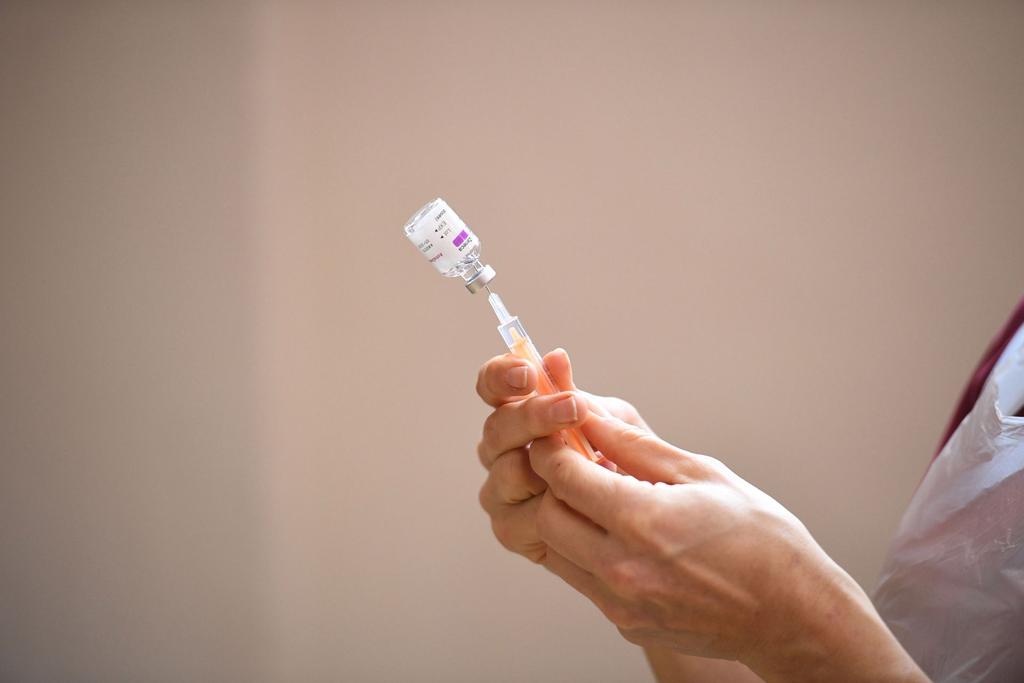
In the era of Covid, misinformation has been rife. The heightened anxieties that have defined our lives over the last year have given birth to a multitude of conspiracy theories both online and in person, as well as doubts and fear over the future. Now, as the government begins to roll out the Covid-19 vaccine across the country, myths surrounding the vaccination process are rearing their heads. In October last year, a study across 19 countries in leading scientific journal Nature found that only 71.5 per cent of respondents would take the Covid-19 vaccine, and only 61.4 per cent would do so if recommended by their employer. Just yesterday, during the award ceremony at the Australian Open men’s grand final, Tennis Australia President Jayne Hrdlicka was booed by the crowd after mentioning the Covid-19 vaccine rollout.
From rumours that 5G mobile networks are causing the disease and accusations that our pharmaceutical companies and the health industry are profiting off the vaccine, to the outlandish and awful claim that Bill Gates is using the vaccine to implant microchip trackers, we are, as professor of anthropology Heidi J. Larson said to Vogue, “in a time of profound distrust in government.”
Vaccine hesitancy is common in Australia. Our recently conducted survey has exposed worrying trends in the attitudes towards the Covid-19 vaccine. Overall, 1 in 3 Australians are hesitant about receiving the Covid-19 vaccine, citing safety and efficacy are their primary worries. 21 per cent of those surveyed are considered ‘confused optimists,’ who are anxious about the vaccine’s effects but remain hopeful about its rollout. 15 per cent are ‘worried reluctants,’ who distrust the vaccine, and suspect profiteering at the hands of pharmaceutical companies. Finally, 11 per cent believe that it is better to build a natural immunity to the disease, believing the vaccine to be dangerous. Amongst the demographics most wary of the vaccine are women under the age of 35, parents with children under 2, blue collar workers and the unemployed.
If you’re reading this article right now, it’s likely that you or someone you know is hesitant about taking the vaccine. Here, we answer the most common questions about both the Covid-19 vaccine and vaccines more broadly, unpacking the most harmful myths and explaining where they came from. We hope that you’ll be able to come away from this piece with the assurance of scientific evidence, and help those around you separate fact from fiction.
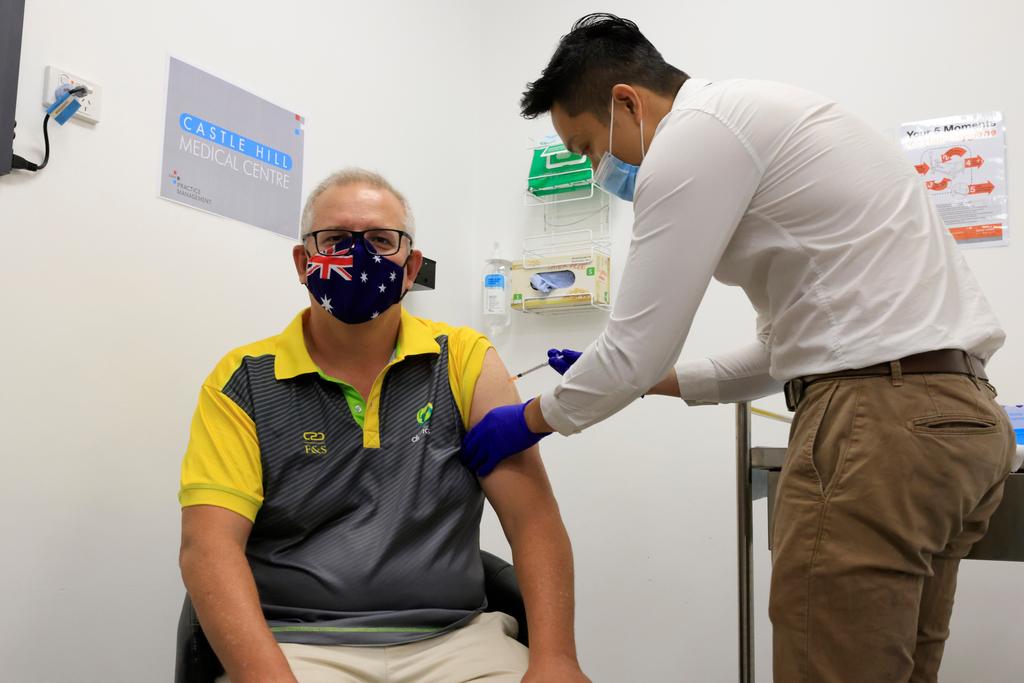
Why do people believe that vaccines cause autism?
Ask a doubter for scientific evidence that vaccines are unsafe and they’ll likely point you to a 1998 study in The Lancet published by then-doctor Andrew Wakefield, which suggested that the measles, mumps and rubella (MMR) vaccine could cause autism.
What they won’t be aware of, however, is that the paper has been thoroughly debunked. Prior to the study, Wakefield had not only applied for a patent for his own MMR vaccine, but had received money from law firms suing companies producing the existing one. The Lancet would go on to pull the paper from its journal in 2010, and the General Medical Council of the United Kingdom permanently stripped Wakefield of his medical license.
Misinformation, however, sticks like glitter, and spreads faster than truth. In 2016, a film directed by Wakefield called Vaxxed accused the Centres for Disease Control and Prevention (CDC) for covering up a conspiracy surrounding vaccines and increased risks of autism amongst Black children. Despite Wakefield’s disgraced medical reputation and his use of falsified data, Oscar-winning actor Robert de Niro was among the prominent figures who promoted the film, supported by actress Alicia Silverstone. Now, despite its falsity, the belief that vaccines trigger autism is one of the most predominant anxieties surrounding the vaccination process. Though hundreds of subsequently conducted studies in journals such as Vaccine, the New England Journal of Medicine and the Journal of the American Medical Association concluding that there is no link between autism and vaccination, many continue to insist on the dangers of vaccination or are at least sceptical of their benefits.
“Despite the lack of scientific evidence that childhood vaccines cause autism,” Nature writes, “extreme tactics used by those convinced that this hypothesis is correct have been increasingly successful in influencing public opinion and legislation.”
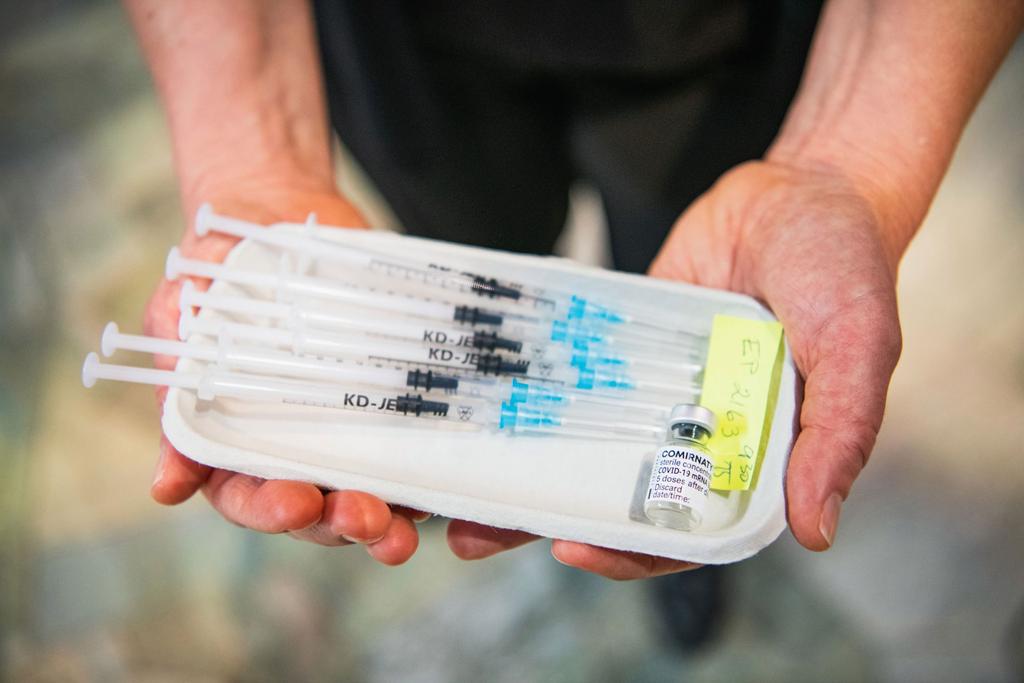
Why has the Covid-19 vaccine been developed so quickly?
A prominent fear arising from our study was that because the Covid-19 vaccine has been developed quickly, the margin for error may be more significant. One middle-aged male respondent cited this worry. “A safe effective vaccine takes on average 10.7 years to make. I am not really into a vaccine that has been rushed out so quickly.”
It’s true that the Covid-19 vaccine has been made at lightning speed. The previous fastest vaccine ever developed was the MMR vaccine, courtesy of renowned American microbiologist Maurice Hilleman. There are, however, several explanations for how the vaccine came about so rapidly.
The thing is, researchers did not begin the process of finding a vaccine from a clean slate. SARS-CoV-2, the virus that causes Covid-19, belongs to the coronavirus family, which has been the root of several of the most infamous diseases in modern memory—think SARS (Severe Acute Respiratory Syndrome) in 2002, and MERS (Middle East Respiratory Syndrome) in 2012. In Medical News Today, Dr. Eric J. Yager explained that researchers have been studying coronaviruses for over 50 years.
“Early efforts by scientists at Oxford University to create an adenovirus-based vaccine against MERS provided the necessary experimental experience and groundwork to develop an adenovirus vaccine for Covid-19,” Yager said.
It’s also essential to note that the urgency of the pandemic, combined with advances in funding and technology, enabled the vaccine to be a global effort. For the entirety of 2020, the world’s governments and scientific minds had a singular focus: to develop a solution to Covid-19. Often, as Nature explains, the slowest part of vaccine development is the testing process, made up of three phases finished over the course of several years. The billions of funds and unlimited resources poured in vaccine research for Covid-19, however, meant that it was possible for companies to run these phases simultaneously.
“It shows how fast vaccine development can proceed when there is a true global emergency and sufficient resources,” Dan Barouch, director of the Center for Virology and Vaccine Research at Harvard Medical School said. “It has shown that the development process can be accelerated substantially without compromising on safety. In an interview with the ABC, vaccine researcher Margie Danchin reiterated Barouch’s sentiments, assuaging fears that the fast development of the vaccine compromised on safety.
“It is going to be produced more quickly, but there’s still a lot of attention being paid to make sure they’re safe.”
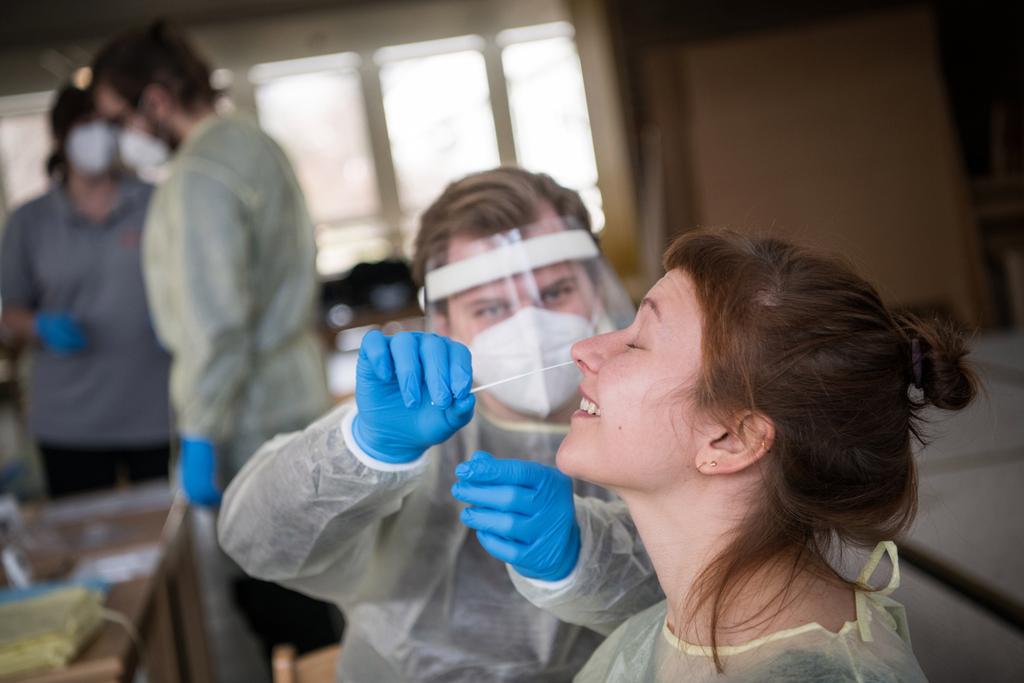
Why shouldn’t you wait for herd immunity?
Throughout the pandemic, talk of herd immunity became popularised by governments in Sweden, Brazil, the United Kingdom and the United States. Former US president Donald Trump was among those to perpetuate the idea that a naturally-acquired immunity was the way forward. As a result, the term ‘herd immunity’, traditionally used to describe immunity to a disease achieved due to widespread vaccination programs, came to mean the very opposite, the claim—unfounded by scientific evidence—that immunity could be acquired without vaccination at all.
As the World Health Organisation has explained, herd immunity only lowers the spread of the virus after a certain number of people have received the vaccine. “For example,” they state, “herd immunity against measles requires about 95% of a population to be vaccinated.” Exposing yourself to Covid-19 intentionally, with the hope of developing a natural immunity, will not just expose yourself to risk of death, but also those around you. Immunologist Kristian Andersen spoke to Nature about this fallacy. “Attempting to reach herd immunity via targeted infections is simply ludicrous,” he said. “In the US, probably one to two million people would die.”
No more damning example of herd immunity can be seen than in Sweden, where community infection became the primary strategy response to Covid-19. A study from Johns Hopkins University revealed that, despite the confidence of the government, Sweden’s population has suffered more than ten times the number of deaths as a result of the pandemic than in Norway, where lockdowns were implemented. While Norway experienced the death of 5.23 people per 100,000, Sweden saw a staggering 58.12 per the same number.
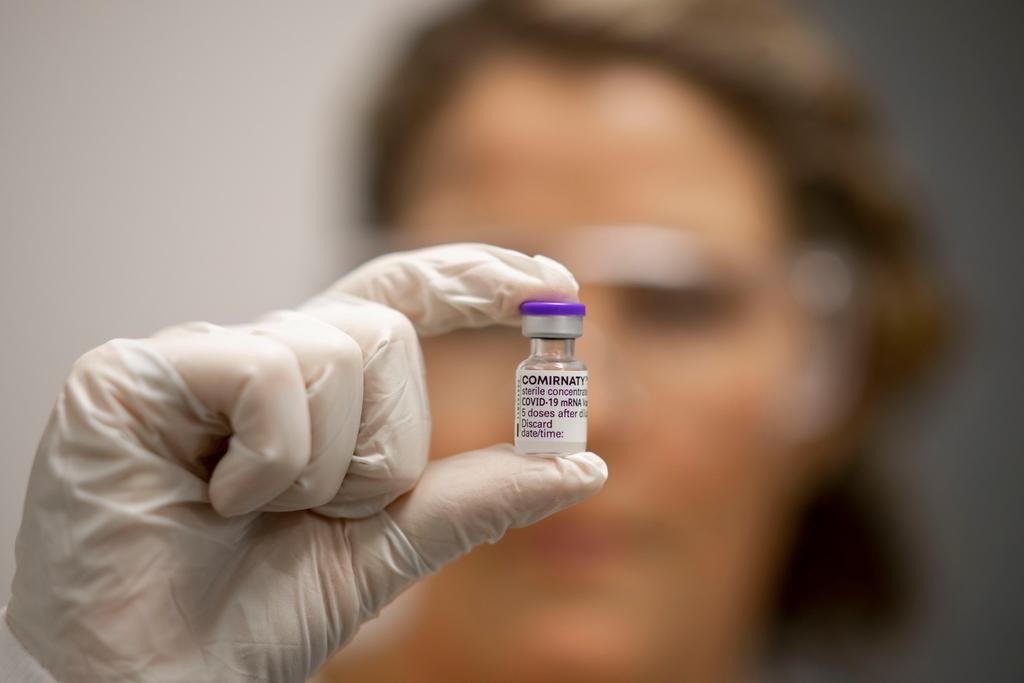
What is in the Covid-19 vaccine, and how does it work?
Unlike naturally-acquired immunity, the Covid-19 vaccine works by giving immunity without you having to contract the disease. While there are many different types of vaccines, they all perform in a similar way, by exposing your body to weakened or dead versions of the virus so it can develop an immunity against it.
Australia is currently in four agreements for the supply of Covid-19 vaccines, having invested $363 million into research and development, and $3.3 billion for the agreements alone. The Pfizer (BioNTech) mRNA-based vaccine and the University of Oxford’s Astra Zeneca vaccine have been approved for use, for those 16 and above and 18 and above respectively. The third agreement, Novavax, is still undergoing trials, while the government has also joined the Covax facility, a global effort to mobilise 2 billion doses worldwide by the end of 2021.
The Pfizer and AstraZeneca vaccines have passed through stringent testing and various trials in order to be deemed safe and effective. Before any vaccine is deployed in Australia, they must meet the strict requirements laid out by the country’s Therapeutic Goods Administration for its “safety, quality and effectiveness.” Both vaccines have completed these rigorous assessments.
As for what is in the vaccines themselves, you can find a full list of the ingredients on the Australian Register of Therapeutic Goods. In recent years, chemophobia—a latent fear of chemicals—has been on the rise. The unfounded distinction between ‘natural’ and ‘synthetic’ chemicals has been popularised by the media, by celebrities and by politicians alike. But as American chemist Michelle Francl writes, every substance in the universe is a chemical.
“In some ways, chemophobia is more like color blindness than a true phobia, such as a fear of heights,” she explains. “Chemophobics are blind to the vast majority of chemicals they encounter. Every breath you take has almost as many molecules in it as there are stars in the universe, and each breath contains dozens of different chemicals, some of which, like oxygen, you can’t do without.”
So before you panic about the ingredients of the vaccine that may sound all too foreign, push aside irrationality and do your due research. For a fantastic breakdown of chemophobia and the importance of ending it, read this piece in Aeon from natural scientist James Kennedy, where he lists the names of foreign-sounding chemicals like methylbutyl ethanoate, phylloquinone and thiamine that are—wait for it—present in the humble banana.
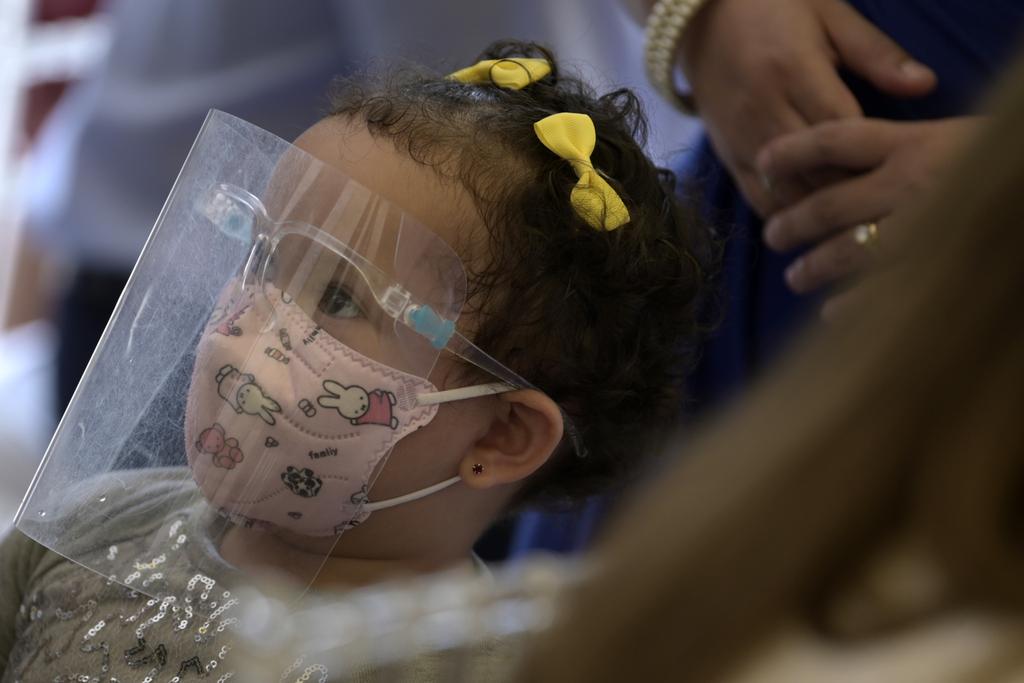
Will there be any side effects of getting the Covid-19 vaccine?
Yes, the vaccine may result in some side effects, but if they occur, they will be nothing compared to the risk of contracting the disease itself. Trials of Covid-19 vaccines have reported side effects including fever, pain from the site of injection, and muscle aches. All were temporary, and often short-lived. If you are pregnant, or anaphylactic, please make sure to consult your doctor before you receive the vaccine, or tell your immunisation provider before your appointment.
The effects of Covid-19, contrarily, are much more long-lasting. The CDC reports that the long-term consequences of catching Covid-19 so far include fatigue, shortness of breath, joint pain, depression, intermittent fevers and heart palpitations. Most concerningly, the impacts of Covid-19 on lung capacity are reportedly severe. Johns Hopkins Medicine reports that Covid-19 can lead to complications arising from pneumonia, sepsis, acute respiratory distress syndrome, and cause permanent damage to your organs.
No cure, no treatment, and no form of medicine will ever come free of side effects. The Covid-19 vaccine will in this respect be exactly the same. But if there is anything that you should take away, it’s that the vaccine has been created under stringent conditions with the backing of the world’s doctors, epidemiologists, and government regulatory bodies. Its side effects are not non-existent, but minimal. As of this moment, we are still uncovering the damage that Covid-19 can cause to our bodies.
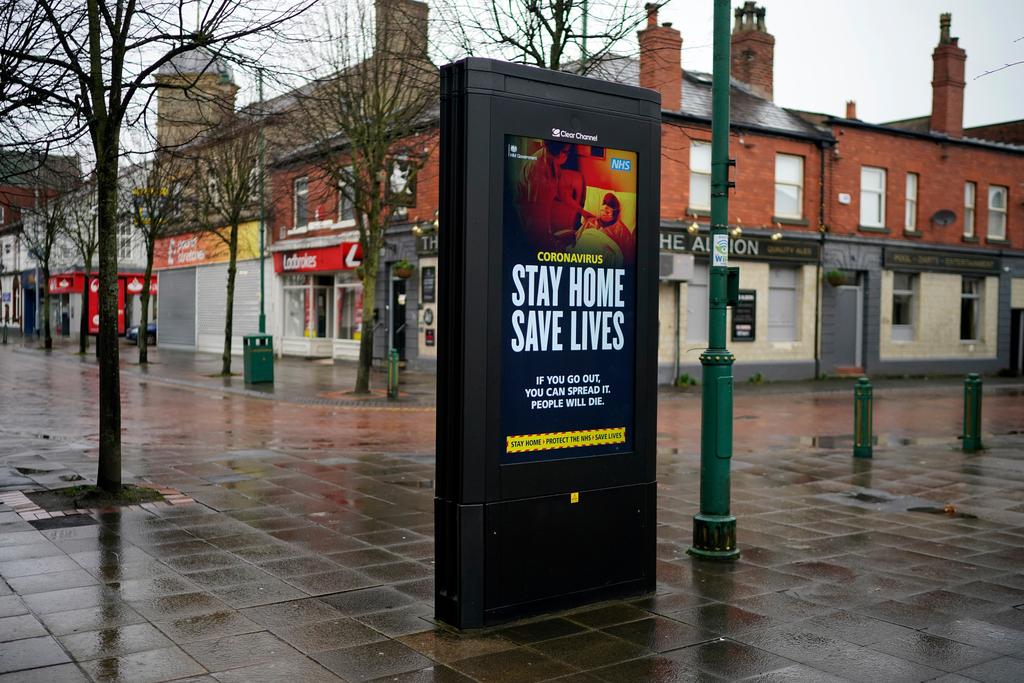
What else can I tell someone if they’re still hesitant about the vaccine?
Vaccines have worked to eradicate the world’s most destructive diseases for decades. Without vaccines, illnesses that we now consider a thing of the past—polio, tetanus, whooping cough, and hepatitis A to name a few—would remain unwelcome normalities in contemporary life.
The Covid-19 vaccine is the first step in eliminating the disease, once and for all. With the vaccine, we’ll soon be able to travel, to see our loved ones without masks, and slowly make our way back to the freedoms of a pre-Covid time.
The pandemic has been devastating for all. In times of crisis, it is tempting to give into fear. But if there is anything you can trust in, it is the unbelievable effort of the world’s brightest researchers, doctors and health professionals. Ultimately, the most dangerous vaccine is the one not given.

